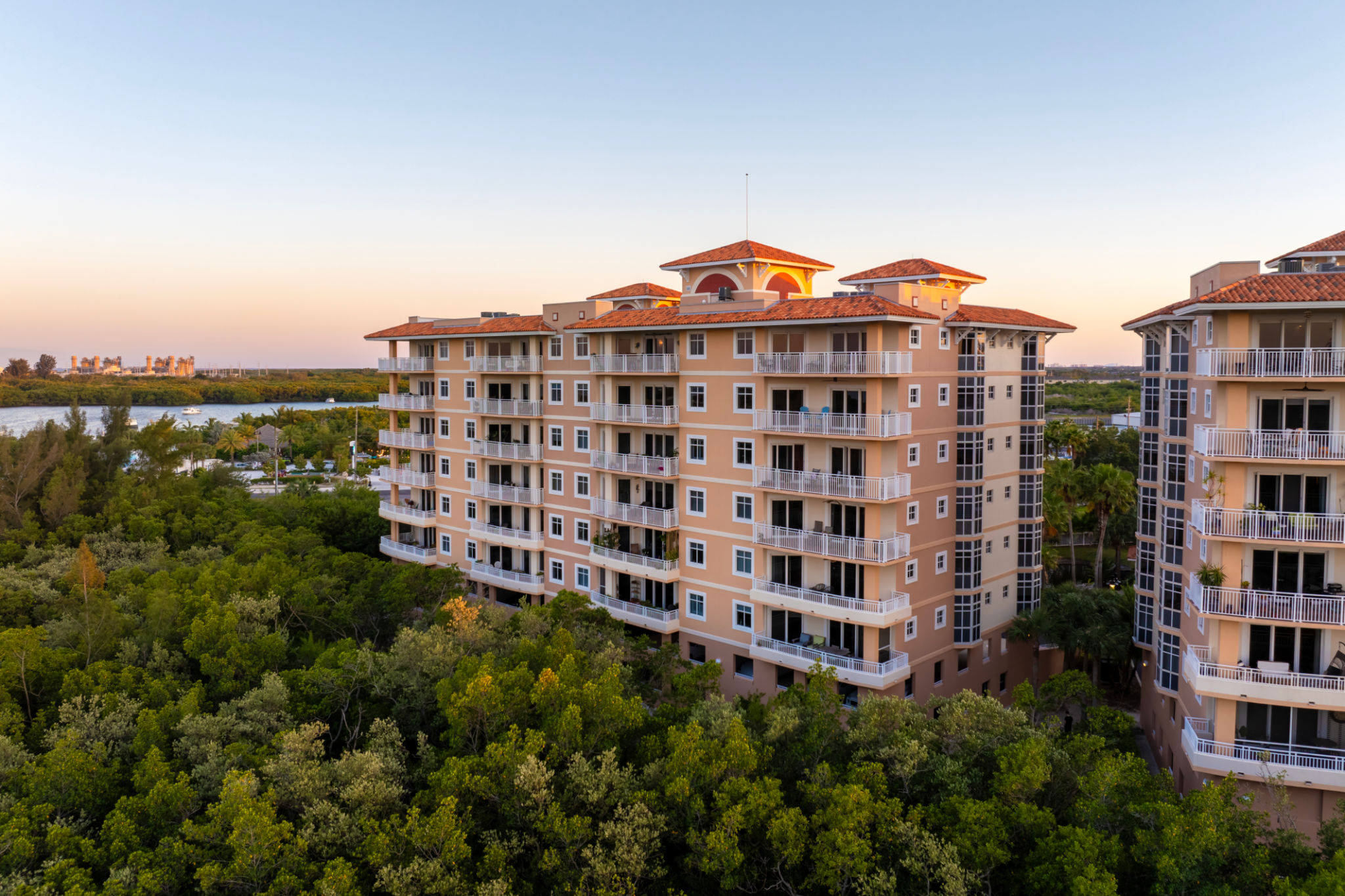Navigating Real Estate and Construction Regulations in St. Petersburg, FL
Es
St. Petersburg, FL, is known for its vibrant real estate market and growing construction sector. However, navigating the intricate web of regulations and compliance requirements can be challenging for both seasoned developers and newcomers. Understanding the local rules is essential to ensure smooth project execution and avoid potential legal hurdles.

Understanding Zoning Laws
One of the primary considerations in St. Petersburg's real estate development is understanding zoning laws. The city is divided into various zoning districts, each with specific regulations on land use, building dimensions, and permissible activities. Before starting any project, it's crucial to consult the city's zoning maps and regulations to determine if your intended use aligns with the district's requirements.
Engaging with a local real estate attorney or consultant can be beneficial. These professionals can provide clarity on zoning designations and help navigate potential variances or rezoning applications. Without proper compliance, developers might face delays or costly adjustments.
Building Permits and Approvals
Securing the necessary building permits is another critical step in the construction process. In St. Petersburg, the permitting process involves multiple departments, including planning, engineering, and fire safety, each with its own set of requirements. Preparing comprehensive documentation and plans is essential for a smooth approval process.

The city encourages developers to use their online portal for permit applications, which streamlines the submission and tracking process. However, it's important to account for potential delays due to high application volumes or required plan revisions. Working closely with city officials and maintaining open communication can aid in expediting approvals.
Environmental Considerations
Environmental regulations play a significant role in St. Petersburg's construction landscape. Projects near water bodies or environmentally sensitive areas must adhere to additional scrutiny and compliance measures. Developers may need to conduct environmental assessments or secure specific permits from state or federal agencies.
Historic Preservation Requirements
St. Petersburg is rich in historical architecture, making historic preservation a key consideration in certain neighborhoods. Properties within designated historic districts are subject to additional guidelines aimed at preserving their cultural significance. Developers must work with the city's historic preservation office to ensure alterations align with established standards.

Failure to comply with historic preservation requirements can result in penalties or denial of project approval. Therefore, understanding these regulations early in the planning stage is crucial for developers aiming to work within historic areas.
Community Engagement and Impact
Another layer of complexity in real estate and construction projects is community engagement. St. Petersburg values public input on development projects, especially those that significantly impact local neighborhoods. Public hearings or community meetings are often part of the approval process, allowing residents to voice concerns or support.
Proactively engaging with the community can foster goodwill and potentially ease the approval process. Developers should be prepared to address community concerns and demonstrate how their projects contribute positively to the area.
Staying Informed
The regulatory environment in St. Petersburg is dynamic, with periodic updates and changes to local laws and codes. Staying informed through regular consultations with legal experts or attending city council meetings can help developers remain compliant. Additionally, subscribing to city newsletters or following official social media channels can provide timely updates on regulatory changes.
Overall, navigating real estate and construction regulations in St. Petersburg requires diligence and a proactive approach. By understanding zoning laws, securing appropriate permits, considering environmental and historical factors, engaging with the community, and staying informed about regulatory changes, developers can successfully manage their projects in this thriving city.